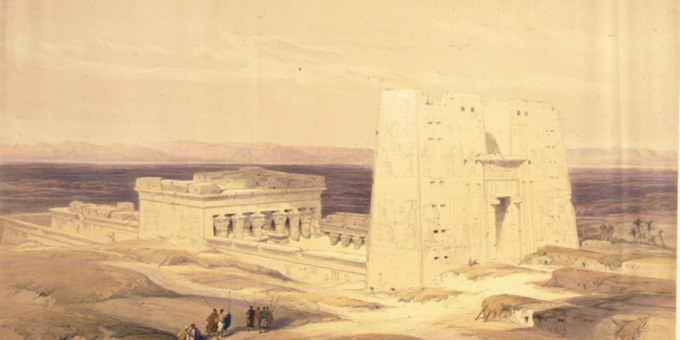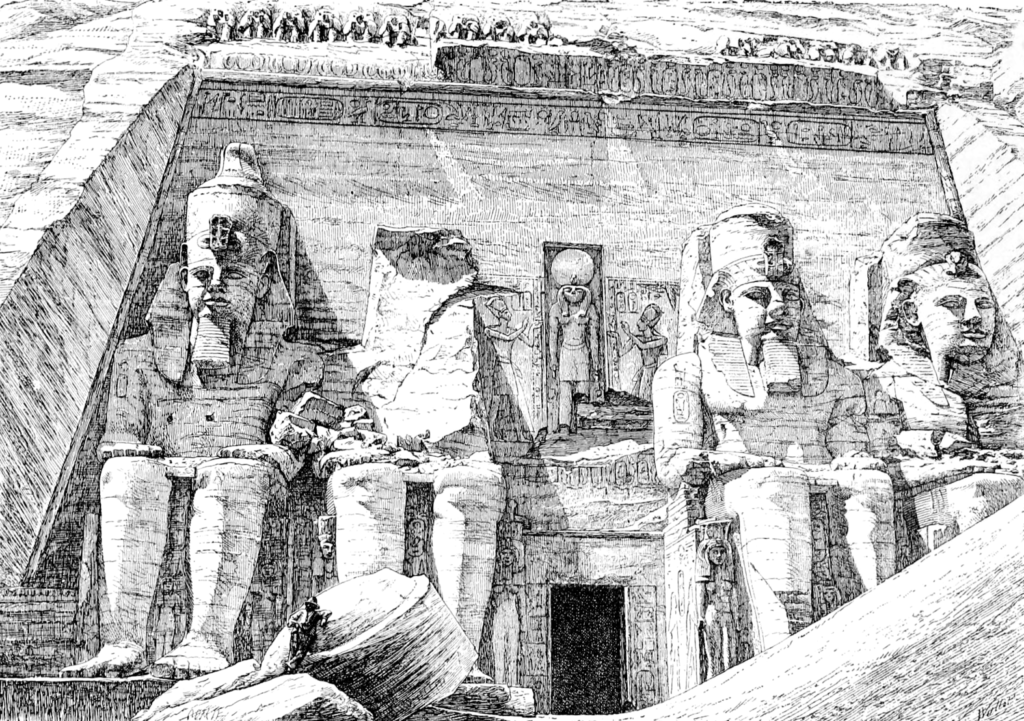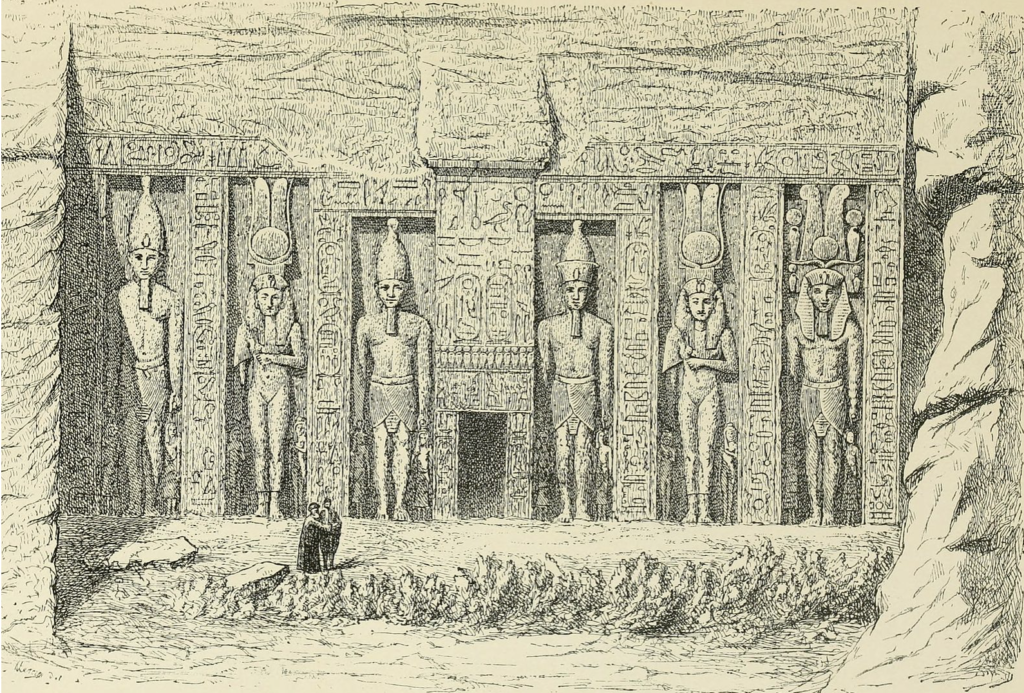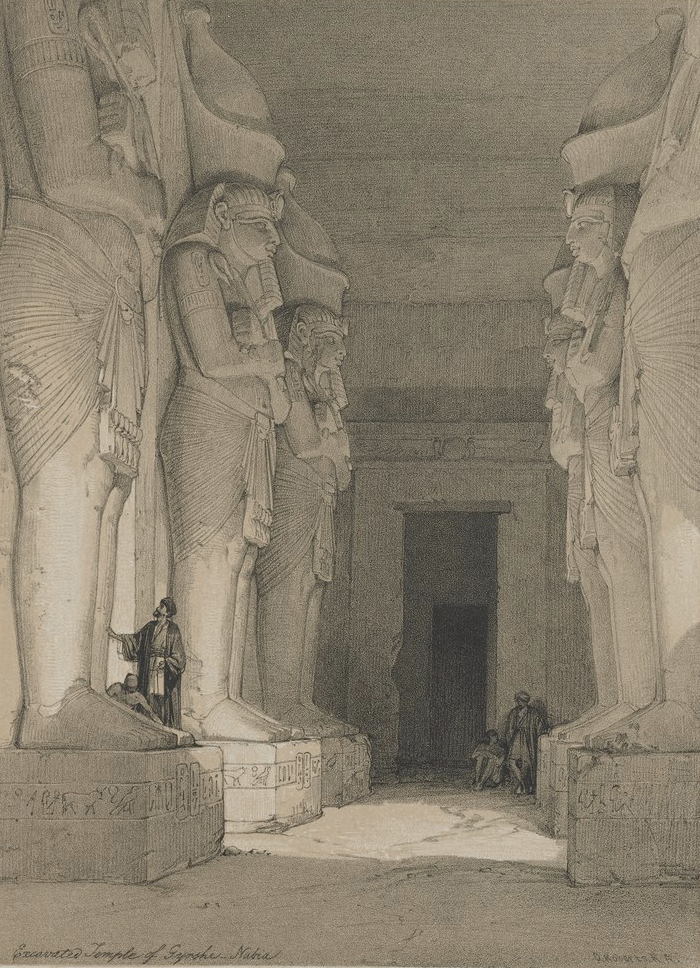
Ancient Egyptian priests were the religious leaders of the ancient Egyptian people. They served as intermediaries between the people and the gods and were responsible for performing the religious ceremonies and rituals essential to ancient Egyptian life. Priests were also responsible for maintaining the temples and other religious buildings and educating the people in the ways of the gods.

Responsibilities
The ancient Egyptians believed that the gods and goddesses were responsible for every aspect of their lives, from the weather to the success of their crops. They worshipped these gods and goddesses in temples, and the priests and priestesses were responsible for caring for these temples and the gods and goddesses they contained.
Priests and priestesses were also responsible for performing religious ceremonies and rituals. They were believed to have a special connection to the gods and goddesses, and people would often go to them for advice or to ask for blessings.

How Priests were Chosen
The ancient Egyptians believed that their gods were present in every aspect of their lives and that proper care of the gods was essential for the well-being of the people. The ancient Egyptians had a complex religious system with a large priesthood to ensure that the gods were properly cared for. Choosing a priest was not easy and required years of study and training.
The first step in becoming a priest was choosing the gods. This was done through ‘the opening of the mouth ceremony.’ This ceremony was performed on newborn babies and involved touching the baby’s lips with a sacred object to awaken the god within. If the gods chose the baby, they would bless him with good health, long life, and wisdom.
The second step was to be chosen by the people. This process was called ‘the laying on of hands.’ This ceremony was performed on children who had shown exceptional intelligence and piety. If the people chose the child, they would bless him with good health, long life, and wealth.
The third step was to be chosen by the Pharaoh. Called ‘the offering of the hand,’ this ceremony was performed on young men who had shown exceptional diplomacy, mathematics, or warfare skills. If the Pharaoh chose the young man, he would bless him with good health, long life, and power.
The final step was to be chosen by the priests. This was called ‘the taking of the veil.’ This ceremony was performed on young men who had shown exceptional religious studies skills. If the priests chose the young man, he would bless him with good health, long life, and knowledge.
Becoming a priest was long and difficult. However, it was seen as an honor to be chosen by the gods, the people, the Pharaoh, or the priests.

Lifestyle
The ancient Egyptian priests led a very different lifestyle than the rest of the population. For example, they were not allowed to marry, own land, or contact the general population.
They were, however, allowed to own animals and birds. They were also able to hold various jobs in the temple, such as scribes, musicians, and cooks.
They were not allowed to wear any colorful clothing and be completely bald.
Celibacy
The ancient Egyptian priests were celibate. This was most likely because they were required to focus all their time and energy on their religious duties.

